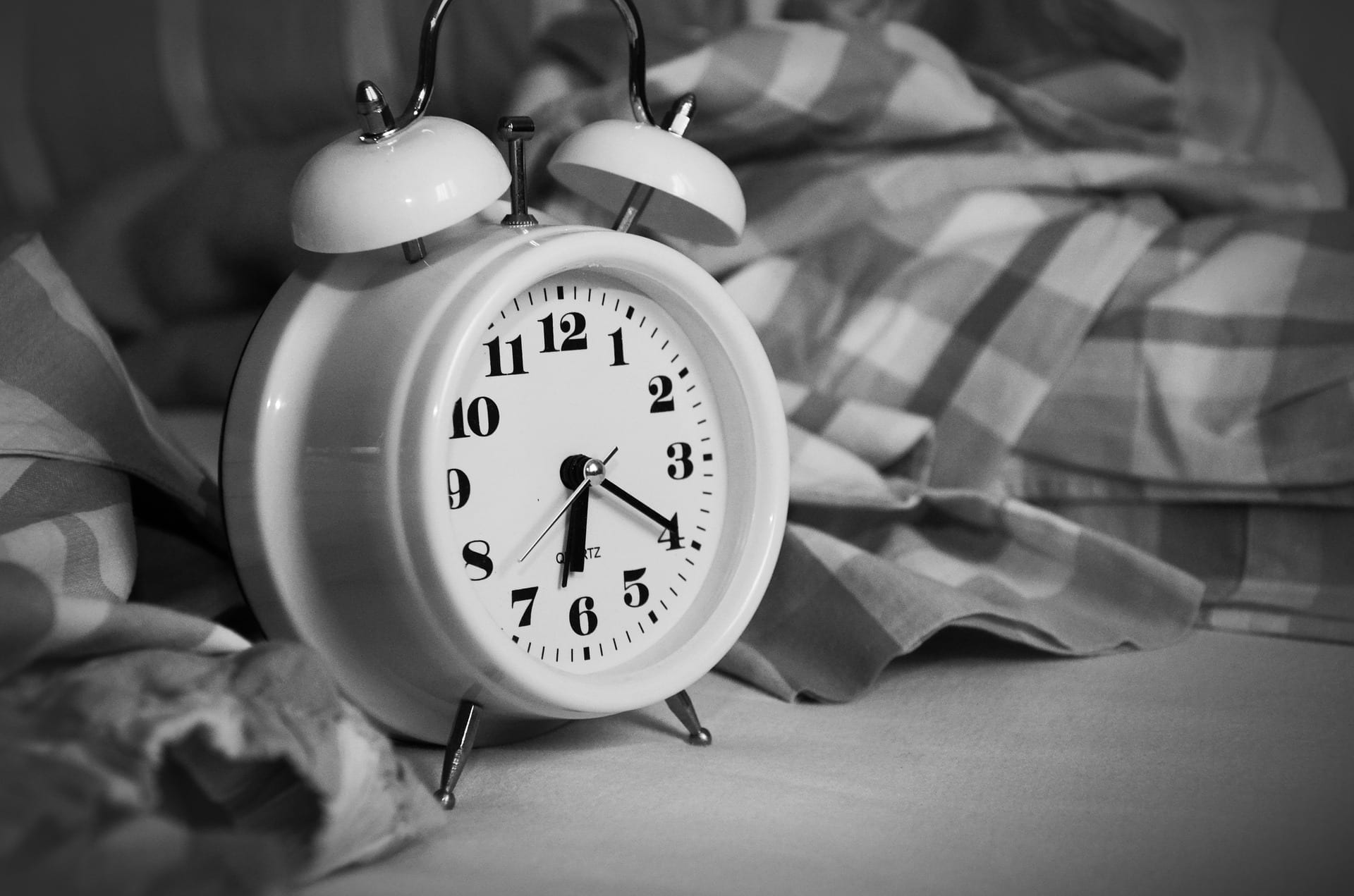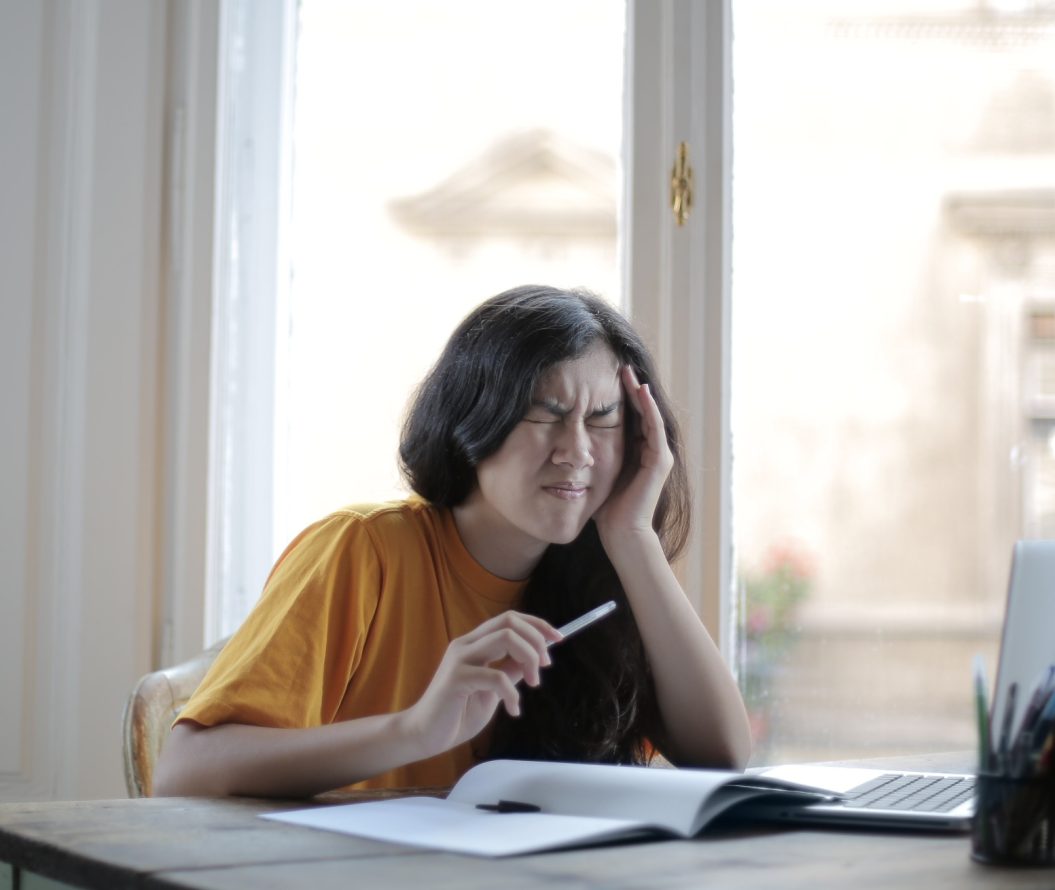
8 tips to help you fall asleep
With the typical stress levels and daily pressures that come with a university workload, it can be difficult to switch your brain off at the end of the day.
Stray thoughts can make it hard to go to sleep, leaving you wide awake and wondering if you should just give up and do something with your time instead of wasting it. To combat this, simple steps can be taken by themselves or in combination to help you fall asleep quicker and more smoothly.
Drink a cup of Chamomile tea:
This brew is a great alternative to caffeinated beverages and has relaxing properties which will help soothe the tension caused by those upcoming deadlines.
Lavender oil
This is a step which is simple and effective. It is an ingredient which is usually in room sprays, pillow mists and body products which boast that they will help you sleep so why not go straight to the source? One drop on your pillow before bed is more than enough to keep you well rested for a couple of nights.
Play a relaxation playlist
Listening to calming music or audio such as the sound of rain can be therapeutic and help get your brain into the right mindset as long as it’s played in the background so that you can drift off without fear of being woken up later on.
Gadgets on night mode
About an hour before you intend to go to bed you need to create a calming atmosphere. Unfortunately for all of us, that often means not browsing your social media feeds and either turning off your gadgets entirely or putting them in night mode and, yes, this does mean your phone!
Reading a book
Instead of watching TV, which can make you more alert, try reading a chapter or two of a new book. Not only is this productive but it also won’t wake you up with flashing, loud noises and high brightness levels which are pretty much unavoidable when watching your favourite shows.
Lowered lighting
Bright lighting in your room, although good for studying, is detrimental to your bedtime routine and it can leave you wide awake and energetic. Instead switch to softer lighting such as a side lamp or fairy lights and give your mind the nudge it needs to start slowing down for the evening.
Meditation apps
If all else fails, there are plenty of free apps available on the app stores for both iOS and android that use guided meditation to help you get out of those irritating and difficult sleeping habits.
Stop doing coursework an hour before you intend to sleep
This is to help keep your stress levels from sky-rocketing directly before bed and keeping you from resting. We are not saying to procrastinate all evening but, if you don’t get a good eight hours sleep, how can you expect yourself to stay sharp and focused throughout the day.
It is important to note that, like most things, one thing might not work for everyone but when tackling poor sleeping patterns routine is key.
By creating a regular routine running up to bedtime you are indicating on a subconscious level that it is time to rest and are therefore more likely to drift off quickly for a good night’s sleep.
So, feel free to try any combination of the tips above and finally kick those bad sleeping habits to the curb.
Sweet dreams!
- Topics
- Advice
- Mental health
- Sleep
- Tips


